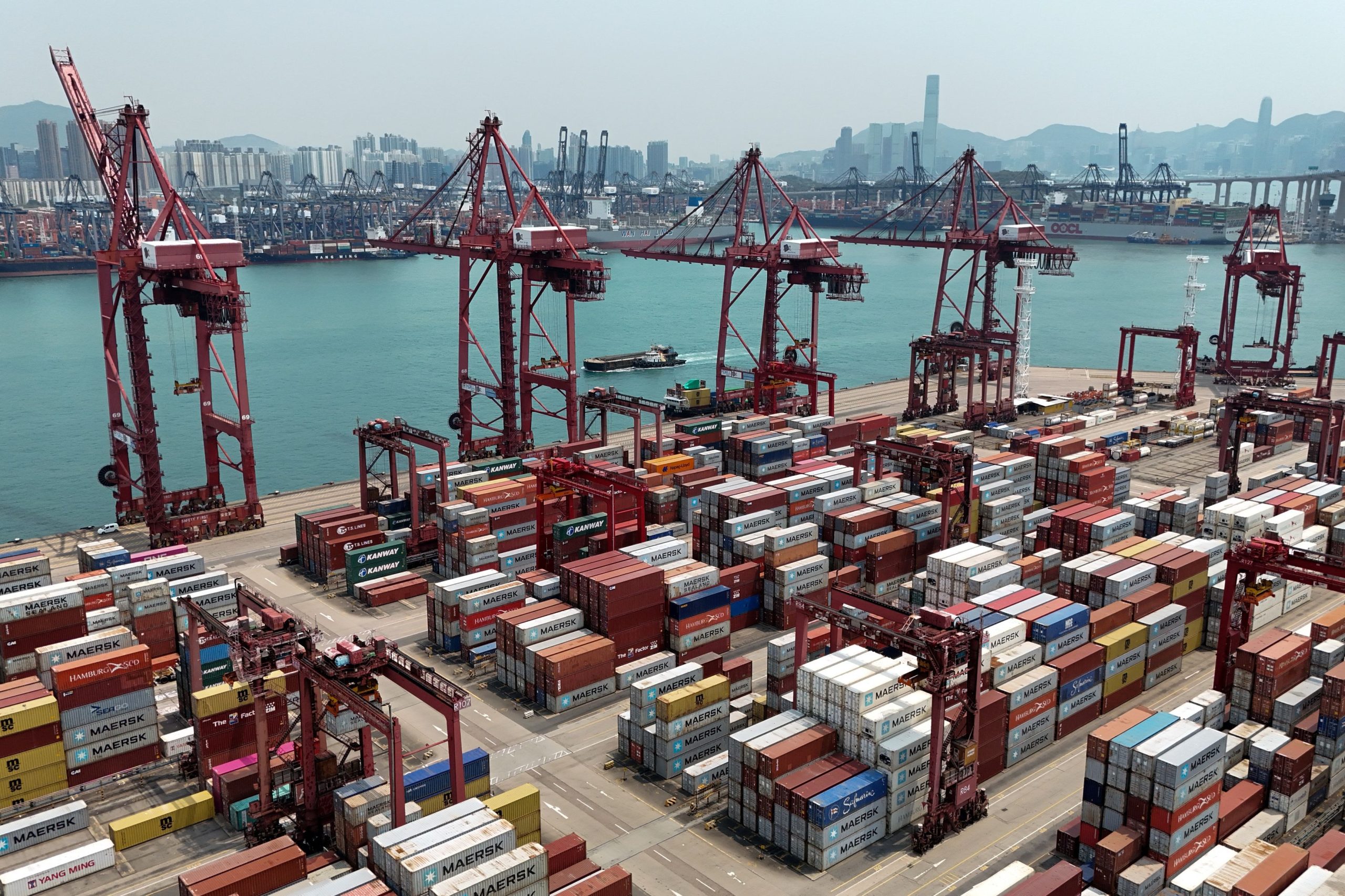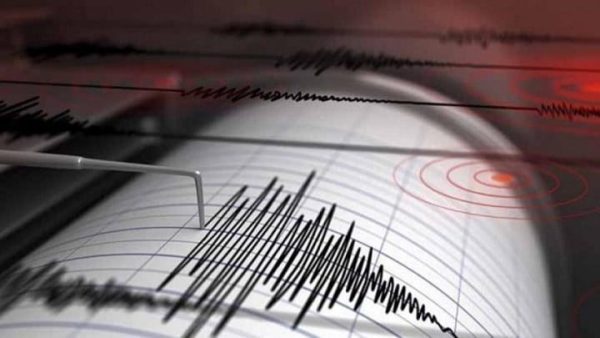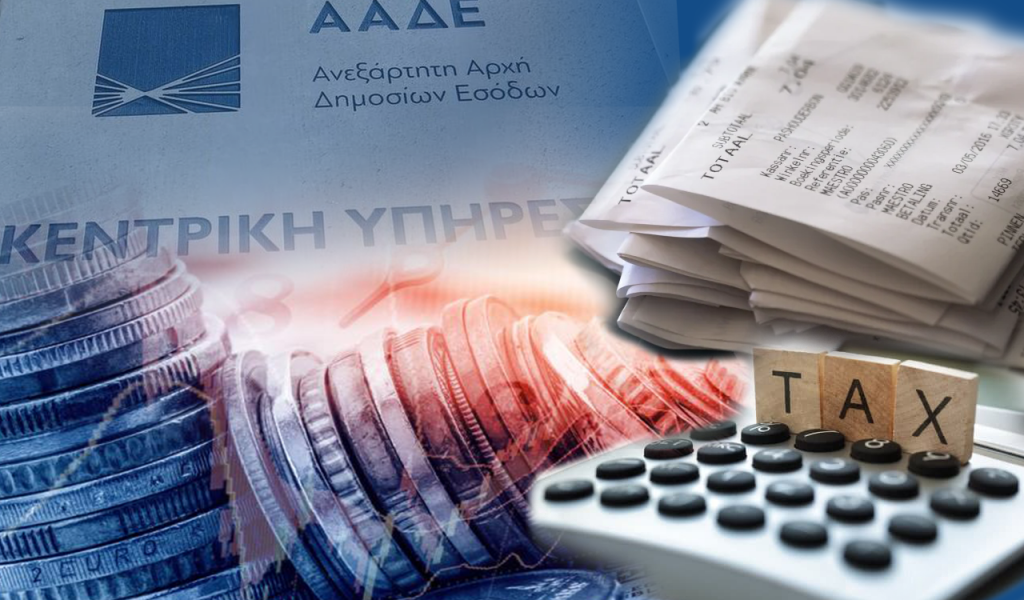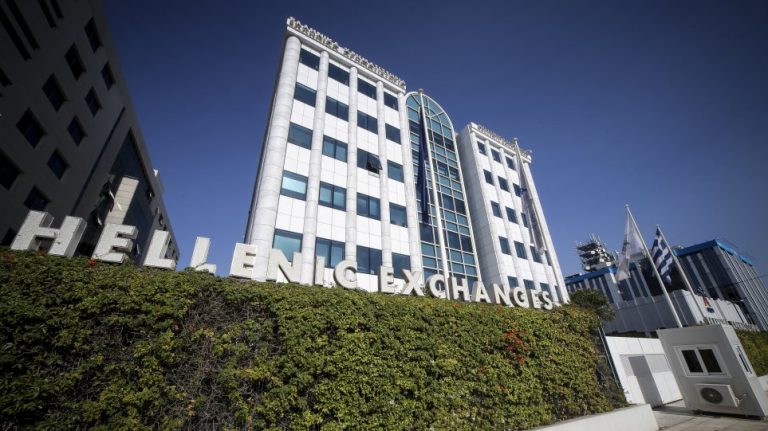Small and medium-sized enterprises have shown some resilience and flexibility during the crisis, and the expected withdrawal of support measures in the coming months will give us a somewhat more objective picture of the potential damage caused and continues to be caused by the pandemic.
This was underlined by the Deputy Governor of the Bank of Greece, Mr. Theodoros Pelagidis, in his speech in the context of the presentation of the annual report of the Small Business Institute of the Hellenic Confederation of Professionals, Craftsmen, and Merchants (IME GSEVEE).
Mr. Pelagidis also said that the pandemic has made the economic environment more open and more competitive, as a result of which it has added international competitors due to the digital revolution, but at the same time it has added new possibilities.
“There are billions of customers out there and the digital revolution gives unprecedented opportunities to the media for extroversion,” said the Deputy Governor of the Bank of Greece and urged GSEVEE to concentrate all its efforts on helping its members to digitize their business presence. internationally or even domestically, as a prerequisite for survival and success.
Raw materials
Regarding the increased cost of raw materials and intermediate goods due to inflation, Mr. Pelagidis stressed that this is indeed an issue, but on the other hand reiterated that inflation has quickly acquired a character of demand inflation. Therefore, he said, companies are now competing for a rapidly growing consumer and investment spending that gives small and medium-sized businesses the opportunity to increase their turnover and profits.
Regarding the weaknesses of small and medium enterprises, Mr. Pelagidis stressed that in modern times size is not synonymous with competitiveness and that it is much more important to join international value chains.
He cited as an example Greek high-tech companies with high turnover and low employment, which are highly competitive and with satisfactory access to the banking system.
Fewer real businesses
The Deputy Governor of the Bank of Greece also stated that the literature on the number of hundreds of thousands to one million companies in Greece is not accurate.
According to some estimates, the fundamentally important and essentially operating companies are estimated at around 100,000, of which about 1,000 seem to number more than 50 people.
Regarding the financing of companies, Mr. Pelagidis stated that about 60% of it is concentrated in Attica, while he stressed that business underdevelopment and low rural financing are indeed a problem for the country.
As well as the fact that talented young people are finding it difficult to find funding for new business ventures, so many are thinking about migrating to Europe.

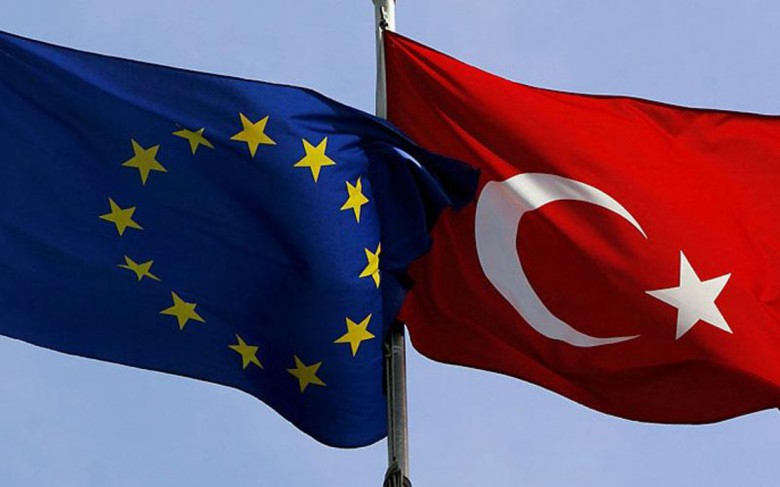




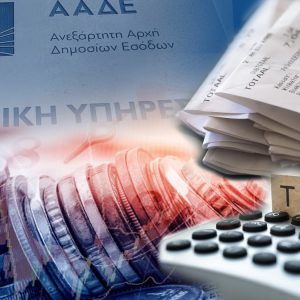




![Οι αλλαγές που υπάρχουν στα φορολογικά έντυπα για τα εισοδήματα του φορολογικού έτους 2024 από ακίνητα [Γ’ Μέρος]](https://www.ot.gr/wp-content/uploads/2025/03/akinita.jpeg)

